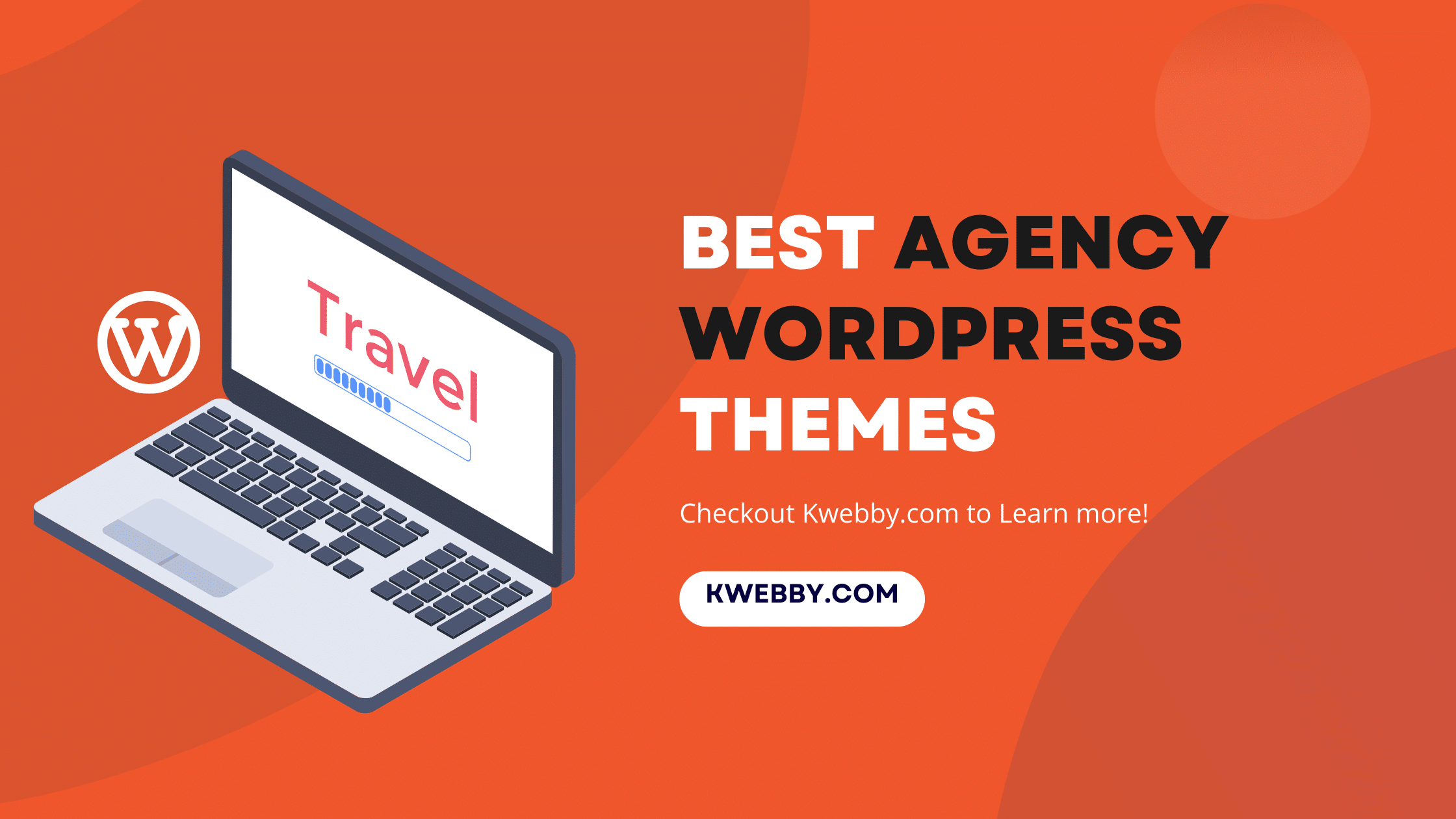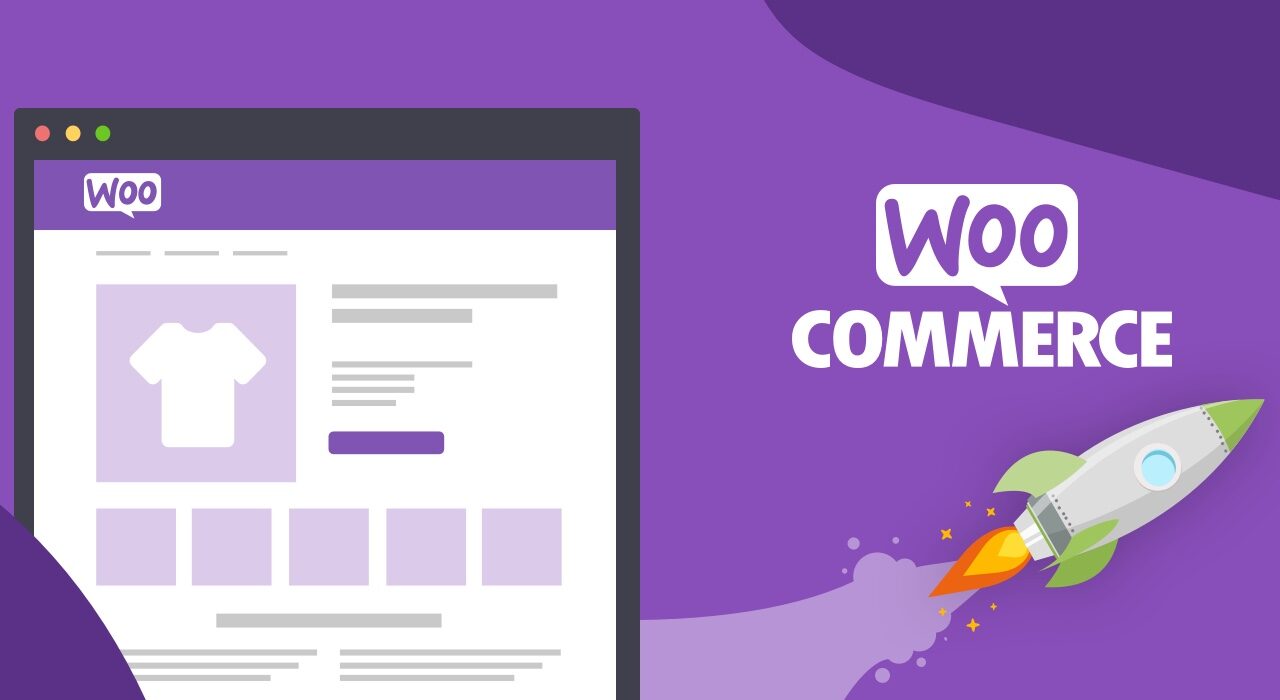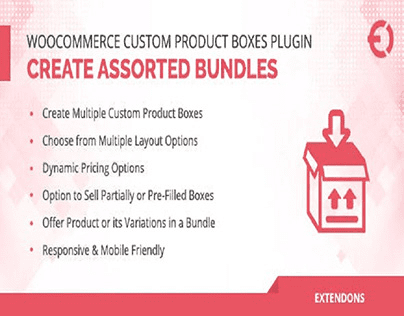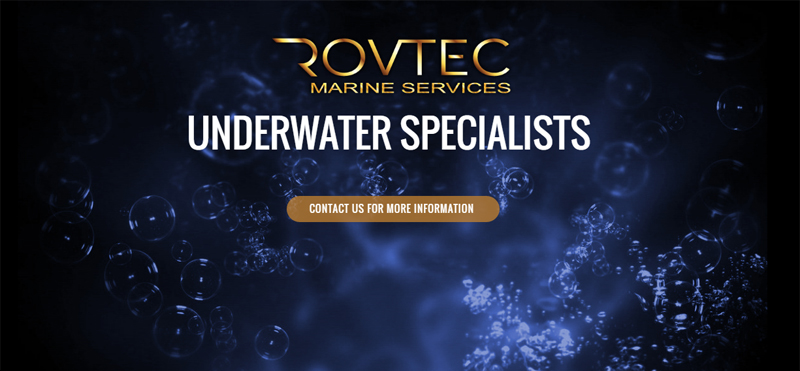WooCommerce projects have become increasingly vital for WordPress agencies looking to carve out a niche in the ever-evolving e-commerce landscape. As a robust e-commerce plugin, WooCommerce not only provides the flexibility necessary to cater to diverse shopping needs but also empowers agencies with numerous customization options through its extensive ecosystem of extensions. This adaptability enables developers to tackle a wide range of e-commerce challenges, positioning their services as essential for businesses eager to establish a digital presence. Moreover, the demand for custom development services is on the rise, further underscoring the importance of WooCommerce projects. By embracing this powerful tool, agencies can unlock new avenues for growth and revenue while enhancing their expertise in a competitive market.
Engaging in WooCommerce development projects offers a unique opportunity for WordPress agencies to specialize in dynamic online commerce solutions. This popular e-commerce framework is not only user-friendly but also incredibly versatile, accommodating various business models, from retail to subscription services. As the digital marketplace continues to expand, the need for agencies proficient in tailored e-commerce strategies becomes increasingly prominent. Whether it’s enhancing store functionalities or overcoming the challenges of integrating various payment gateways, the experiences gained from WooCommerce initiatives provide invaluable insights. Ultimately, this approach allows agencies to not only improve their offerings but also stay ahead in the competitive realm of online sales.

Understanding WooCommerce’s Dominance in E-Commerce
WooCommerce has established itself as a leading player in the e-commerce domain within the WordPress ecosystem. As an open-source plugin, it offers users the flexibility to create a wide variety of online stores, from simple retail shops to complex B2B platforms. This versatility allows businesses to tailor their e-commerce strategies according to specific needs, utilizing countless plugins and themes tailored for WooCommerce. Many agencies must recognize the extensive market for these solutions.
An impressive feature of WooCommerce is its ability to expand and adapt. Businesses can integrate it with various third-party platforms, enhancing its functionality beyond the standard offerings. Additionally, the rapid evolution of WooCommerce, including enhancements in database performance and the inclusion of modern technologies like artificial intelligence, indicates that it will remain relevant for years to come. Therefore, for agencies considering future-proof options, focusing on WooCommerce projects could yield considerable benefits.
The Versatility of WooCommerce for Different Business Models
One of the standout features of WooCommerce is its adaptability. Unlike many proprietary e-commerce solutions, WooCommerce allows for an extensive variety of online business models. Whether a client is looking to sell memberships, digital products, or even operate an auction site, WooCommerce can handle it. This is possible due to its vast ecosystem of extensions and customizable features, giving agencies the tools to build virtually any kind of e-commerce site.
Moreover, this versatility appeals to a broader audience, which could be a significant plus for agencies. The chance to explore niche markets such as subscription services or B2B sales makes WooCommerce projects particularly compelling. However, with great power comes great responsibility—developers must be adept at understanding these diverse functionalities to meet client needs effectively.
Navigating Complexities in WooCommerce Development
While WooCommerce provides unparalleled flexibility, development comes with its own set of complexities. Building a complete online shop requires much more than just installing the plugin; it involves piecing together various components to form a coherent whole. Each feature an agency decides to incorporate is like a puzzle piece—necessary, but at times challenging to fit just right. This piecemeal approach can be daunting for new developers who may feel overwhelmed by the breadth of options available.
Furthermore, unforeseen complications can arise when clients cannot articulate all their needs upfront. This often leads to unexpected costs and adjustments during the development phase—as complexities increase, so do the challenges of accurate project estimations. However, through experience and careful questioning during project discovery, agencies can mitigate these risks, turning a potentially overwhelming situation into a rewarding collaboration.
Investment in Learning: A Crucial Step
To truly succeed with WooCommerce, agencies must be prepared to invest time in learning the platform’s intricacies. This commitment is essential, as mastering WooCommerce can unlock numerous opportunities in the e-commerce landscape. The process may often involve working on smaller projects initially, allowing developers to familiarize themselves with how WooCommerce functions. This hands-on approach is invaluable and can lead to a deeper understanding of both the technical aspects and user experience.
Agencies shouldn’t feel pressured to dive in headfirst; instead, gradual exploration can lead to significant growth. Developing a portfolio through these smaller projects is not only helpful for advertising your services but also for understanding your unique audience. Ultimately, your agency’s success with WooCommerce will be directly proportional to the amount of effort you invest into learning and adapting to the platform.
Pros and Cons of Emphasizing WooCommerce
Like any venture, focusing on WooCommerce projects has its pros and cons. On one hand, the demand for e-commerce solutions continues to grow, providing agencies with a lucrative niche. Many businesses are shifting to online platforms, and WooCommerce’s capabilities equip agencies to meet this rising demand adequately. Furthermore, the growing ecosystem of extensions means that developers can keep pace with new business needs and trends.
On the flip side, the time and energy required to master WooCommerce should not be underestimated. Even experienced developers may find some aspects of its functionality challenging to navigate. Customization can lead to maintenance headaches down the line, and agencies that specialize in WooCommerce must be ready to address these challenges. Balancing the positives and negatives is an essential part of the journey into WooCommerce development.

Conclusion: The Promise and Challenges of WooCommerce
In concluding the discussion on whether your agency should focus on WooCommerce projects, it’s clear that the decision is not black and white. On one hand, WooCommerce presents a wealth of opportunities in a sector that continues to evolve. With its impressive flexibility, agencies can cater to various e-commerce needs, from simple retail shops to complex membership sites. However, this potential comes with its own set of challenges. The necessity for using multiple extensions can complicate projects and create a learning curve for both agencies and their clients. It’s crucial for agencies to weigh these factors carefully before diving in.
Here are key takeaways to consider as you decide whether to focus on WooCommerce projects:
– **Flexibility and Customization:** WooCommerce supports a vast range of e-commerce applications, offering immense opportunities for customization based on client needs.
– **Investment in Learning:** Success with WooCommerce requires a significant investment in time and effort to truly master the platform and its extensions.
– **Complexity of Development:** The piecemeal approach to building e-commerce solutions adds complexity, which can lead to potential project misunderstandings and budget overruns.
– **Market Demand:** WooCommerce continues to dominate the e-commerce scene, providing ample opportunities for growth in a high-demand sector.
Ultimately, if you are willing to invest the required effort and navigate the complexities, WooCommerce can be a highly rewarding niche for your agency.
Final Thoughts: Is It Worth the Commitment?
Ultimately, the choice to establish your agency around WooCommerce should align with your strengths and business goals. The platform’s flexibility, along with its robust ecosystem of plugins and the potential for high-value projects, makes it an attractive option for many agencies. However, it’s important to approach this decision with a clear understanding of the commitment it entails. If your agency thrives on creative problem-solving and custom development, WooCommerce may very well be your ideal niche.
As you navigate your decision, consider:
– **Starting Small:** Experiment with WooCommerce on small projects to build confidence and experience.
– **Client Education:** Educating clients on the scope and variables of WooCommerce projects can minimize misunderstandings and enhance client satisfaction.
– **Community Resources:** Leverage the vast community and resources available for WooCommerce to aid in learning and problem-solving.
– **Ongoing Development:** Keep an eye on the platform’s updates and community trends to ensure you remain knowledgeable and competitive.
Engaging with WooCommerce projects can certainly bring about significant benefits, but the real rewards lie in your commitment to understanding and mastering the platform.















